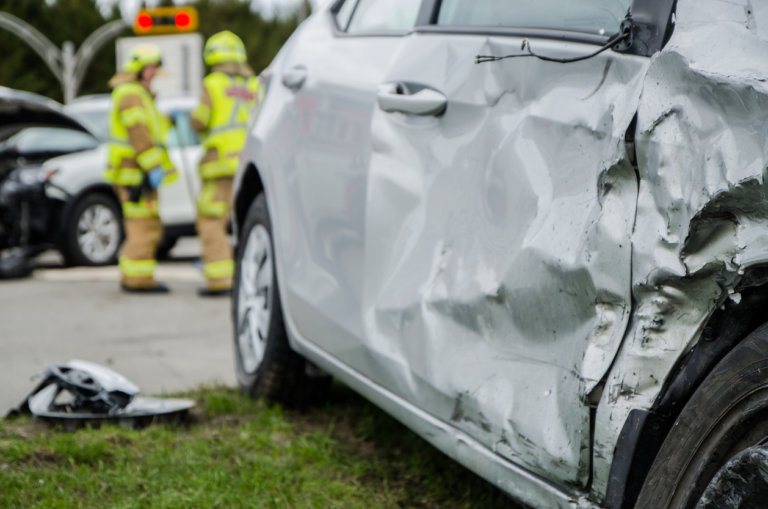Have you ever asked your car insurance agent, “Will my insurance go up if I’m in a car accident”? If so, you might not have liked the answer.
Insurance companies are in the business of making money. You can rest assured that if you are involved in a car accident, your auto insurance rates are almost bound to rise. That said, the price of increase will depend on several factors, and does vary from state to state.
New Jersey car accident attorneys warn their clients that being at fault in a New Jersey auto accident can have long-term financial consequences, especially when it comes to insurance costs. The average auto insurance increase after an at-fault accident hovers around 31%. However, for those in the Garden State, determining car insurance rates after an accident isn’t easy, with increases allegedly ranging from 20% to upwards of 60%.
Do All Car Accidents Make Insurance Go Up?
After a car accident, your insurance company will look first to determine who was at fault. The insurance company will then assign a risk factor to you as a driver: the higher your risk factor, the more costly your car insurance.
If you weren’t at fault in the car accident, your insurance company may or may not increase your rate. If they increase your premium, it will likely be by a small percentage that can probably be offset by professional discounts, reduced driving, or good student credits.
However, if you’re found at fault in the accident, the degree to which you are at fault will undoubtedly impact your insurance rates proportionately. Generally, if you are greater than 50% at fault in a car accident, and your insurance company’s costs are significant, you can expect a hefty increase in your auto insurance costs.
What Factors Affect Insurance Increases After a Car Accident?
The single highest component affecting insurance premiums is your risk factor as a driver.
If you were at fault in a car wreck, your insurance company might be forced to pay claims for property damage and bodily injury or death. If the payouts were property-related, they may count less against you than a payout for an injury claim.
Either way, the insurance company will weigh the risk of insuring you against potential future losses to the insurance company, and your premium will rise accordingly.
Why Do Insurance Rates Go Up So Much in New Jersey After a Car Accident?
New Jersey residents often face steeper auto insurance increases after an accident than residents of most other states. This can be attributed to a general perception that New Jersey itself is a high-risk driving state for insurers. Crowded New Jersey roadways and luxury cars are associated with more accidents and more expensive insurance claims.
Those pre-existing factors, combined with the likelihood that once you have filed one claim, you will file another, creates a basis for higher insurance costs after an accident.
How Long Will Higher Insurance Premiums Last After a Car Accident?
New Jersey limits the time that higher insurance premiums can be assessed after an at-fault accident. The insurance premium increase is only applicable for the three years following your accident. Additionally, if you maintain a good driving record after the accident, your insurance premiums may decrease each year you drive without incident.
New Jersey Car Accident Attorneys
Car accidents are costly. Drivers not only face the immediate loss of property and perhaps well-being, but they suffer long-term ramifications associated with a poor driving record. Depending on the circumstances of your auto accident, attorneys specializing in car accidents may be able to help.
For more information about how a New Jersey car accident might impact you, contact a car accident attorney today. With legal counsel from an experienced New Jersey auto accident attorney, you may be able to reduce your financial liability or recover damages owed to you after an accident.

